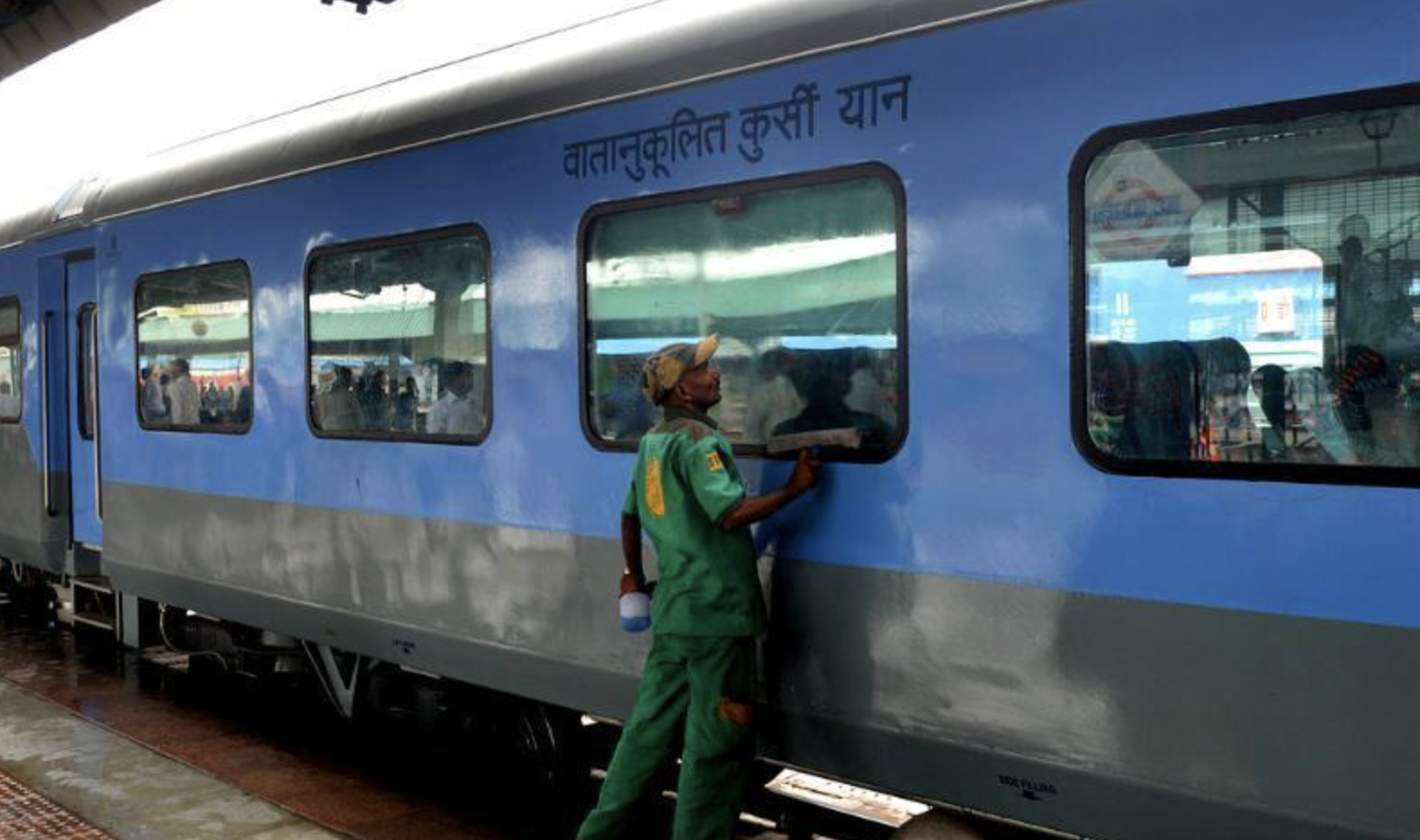
With the intention to provide businesses ample time for strategic planning, investment in automation, and reduced dependence on migrant labour, the government of UK has extended the Seasonal Worker visa program for five additional years, running until 2029.
UK Government’s Initiatives to Alleviate Labour Shortages in the Food Supply Chain
This move would in turn address the labour shortages in the food supply chain and ensures stability and clarity for farms and food businesses nationwide.
The government has outlined several measures to support the industry in a response to John Shropshire’s Independent Review on Labour Shortages in the Food Supply Chain.
These measures include the prolongment of the seasonal worker visa scheme until 2029, allocation of up to £50 million for technology advancements to enable fully automated packhouses, and committing to further support for the development of robotic crop pickers to match human capabilities within three to five years.
In addition to the above, what is in the pipeline, is a comprehensive strategy to enhance skills provision and attract domestic workers is in the pipeline.
Let’s see what all comes under the Seasonal Worker visa.
Under the same, individuals can apply to work in horticulture for up to six months or in poultry from October 2nd to December 31st each year.
Those who intend to apply for the poultry Seasonal Worker visas, must do so by November 15th annually. On the other hand, those for horticulture visas are accepted year-round.
Applicants need sponsorship and must meet eligibility criteria, replacing the previous Temporary Worker – Seasonal Worker visa (T5).
Recognizing the urgency for farmers to transition towards automation and reduce reliance on migrant labour, the extension of the seasonal worker visa program aims to provide immediate relief.
The government plans to issue 43,000 visas for the horticulture sector and an additional 2,000 for poultry in 2025.
UK Government’s Drive for Technological Leadership in Agriculture
In order to accelerate the automation adoption, the government shall work on fully automating major packhouses within 12 to 18 months, facilitating the development of robotic crop harvesters over the next three to five years.
The above shall be undertaken with the aim to position the UK food supply chain as a global leader in technological innovation.
This announcement follows the Prime Minister’s commitment to farming grants earlier this year, totalling £427 million and doubling investment in productivity schemes.
Stating that the funding for cutting-edge technology will reduce reliance on migrant labour in the long run, providing farmers and growers with the certainty needed for prosperity, Steve Barclay, Environment Secretary, emphasized the importance of these measures in bolstering the food and drink sector.












